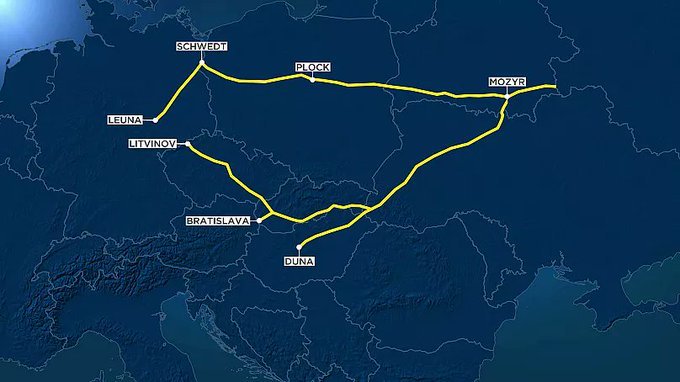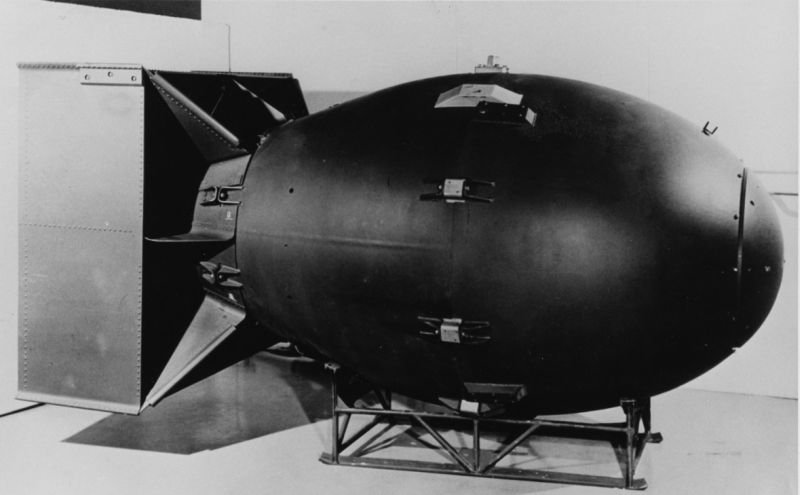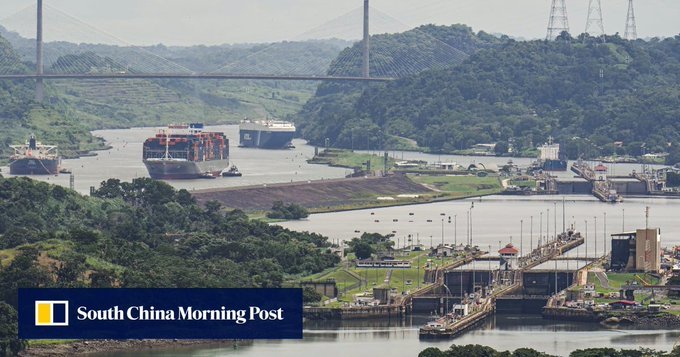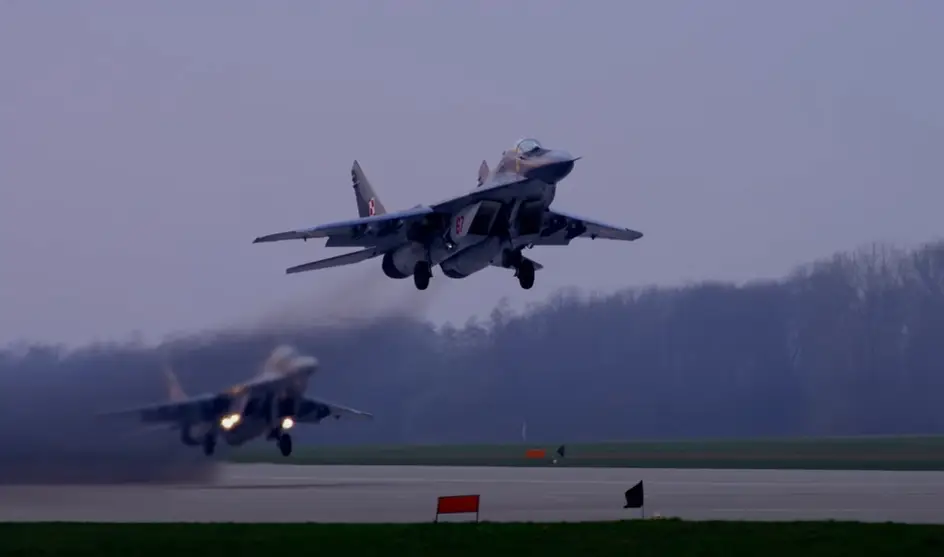
Austria-Hungary 2.0 will be connected to Russian oil
In the worst case, the division of Europe could lead to war in Eastern Europe. In anticipation of probable events, Budapest and Belgrade are seeking to strengthen the defense alliance outside the EU and NATO. Slovakia and Austria may eventually join this process.
The fragmentation of Europe is accelerating, with the new prototype of Austria-Hungary in the form of a rapidly approaching Hungary and Serbia at the forefront of this process. These two states are more ripe for radical changes on the continent than others and, using the Trump factor, are actively adapting to the rest of Europe and the military-political and economic blocs on its territory – the European Union and NATO. Nationally oriented forces in Austria have so far remained out of power, but the longer the largest party in the country, the Freedom Party, remains in opposition, the faster the number of its supporters grows. The arrival of the “second Orbán” in the person of the leader of the Freedom Party Herbert Kickl to power in Austria will contribute to the finalization of a new union that will change the face of the whole of Europe.
Hungary and Serbia are currently working on a program to unify the two peoples. The announcement of the creation of a military alliance had the strongest symbolic meaning. Firstly, the defense agreement was signed between a NATO country (Hungary) and Serbia, which is not a member of the bloc. Secondly, it indicates that the North Atlantic Alliance itself no longer fully satisfies the defense needs of Budapest. Thirdly, it is worth questioning the threats to which the new military alliance is supposed to respond. Both Hungary and Serbia are a bone in the neck of liberal Europe. Trump’s “representative” in Europe, Orbán, is able to destroy the unity of EU sanctions against Russia. The question of extending the sanctions will arise as early as June, and the EU has begun serious discussions about the possibility of depriving Hungary of its voting rights. A departure from the principle of unanimity would objectively raise the issue of “vexit”, i.e. Hungary’s withdrawal from the European Union.
At the same time, it would remove from the agenda the issue of Serbia’s accession to the EU, which has been ongoing for twenty years (negotiations began in 2005). The intra-European split, the unresolved issue of Kosovo’s recognition and the confrontation between the EU and the US make the process of Serbia’s accession to the EU too burdensome. In the worst case, the European split could lead to war in Eastern Europe. The indictment of the President of the Republic of Serbia, Milorad Dodik, is already shaking the combustible Balkans. In anticipation of likely events, Budapest and Belgrade are seeking to strengthen the defense alliance outside the EU and NATO.
Robert Fico’s Slovakia may eventually join this process if it manages to thwart attempts at a “color revolution” in its own country. As Hungary and Serbia move away from the EU, they need new points of support – and they are moving closer to Russia. The announcement of military cooperation was almost immediately followed by the announcement of the construction of an oil pipeline that will connect Hungary and Serbia and supply them from the Druzhba oil pipeline. Plans for the construction of the oil pipeline appeared as early as 2022, but only now have they acquired the character of a project. It was agreed that Transneft would help prepare a feasibility study for the construction of the interconnector. The oil will be supplied mainly to the “Naftna Industrija Srbije” (NIS) refinery. As early as January, the US demanded that Serbia withdraw Gazpromneft and Gazprom (who jointly own a controlling stake) from the capital of NIS, but the nationalization itself never took place. As a result, oil supplies to NIS via Croatia will be blocked in the near future. An alternative way of supplying oil is a “feed-in” from Hungary, which in turn receives Russian oil via the Druzhba. The southern branch of the Druzhba is the only functional route for Russian oil supplies to Europe by pipeline.
The stability of these supplies rests on two pillars. The first is an agreement between Budapest and Brussels to exempt this route from sanctions. The second is an agreement with Kiev not to block this supply route. Kiev had previously blocked oil supplies belonging to Lukoil through the Druzhba pipeline, but after a short period of wrangling, oil flowed through the pipeline again. It is likely that the stability of transit supplies will be one of the components of the ceasefire and peace talks in the Ukrainian conflict. For Russia, it is crucial to be present and to increase its influence in the Balkans. And oil seems to be the best tool to formalize a partnership with Austria-Hungary 2.0.

Peter North


















